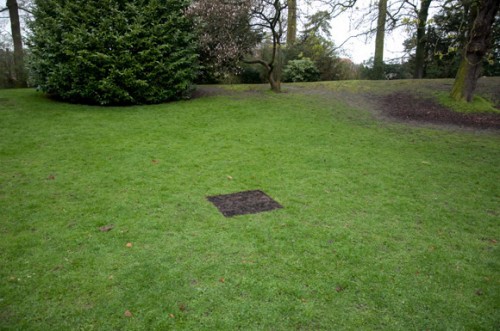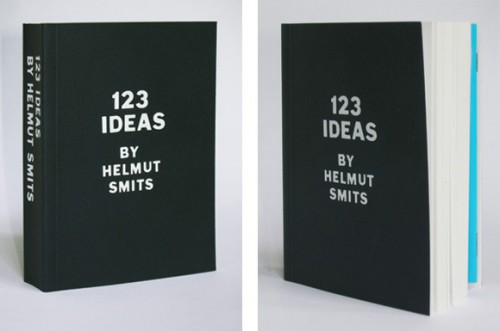Some people argue that the latest developments in real-time translation might “change everything”. That was the case when Word Lens, an augmented reality app for the iPhone, came out a few months ago. And the comments on the new Google Translate conversation mode sound quite the same. But what does it mean? No more foreign language skills at all? Surely not. But given the latest developments in statistical translation technologies, mobile computing and cloud-sourcing, there are already some handy prototype solutions to facilitate your next trip abroad.
If only you keep in mind that “the only statistics you can trust are those you falsified yourself”. To get an idea of how good (or bad) statistical translation methods work nowadays, after huge progress made in the last few years, I took the Golden Rule and translated it into different languages. The original idea is usually cloud-transformed into complete nonsense. Let’s give it a try with an English-German there-and-back translation:
- Google Translate: One should treat others as one would like others to treat oneself. -> Man sollte andere behandeln, wie man möchte, um sich andere zu behandeln. -> You should treat others as you would like to get another treat.
- Yahoo! Babelfish: One should treat others as one would like others to treat oneself. -> Ein sollte andere behandeln, da man möchte, dass andere sich behandeln. -> Other one should treat, since one would like that others treat themselves.
In my opinion, nothing changes for the moment. You still have to double check your machine translations with your vocabulary list and your own linguistic and social skills. Your hands and gestures might stay the best “conversation mode” for a long time compared to any cloud-sourced translation. It’s just like with instant coffee: never as good as the real one.
Enjoy the short presentations, they are nonetheless impressing and entertaining!
1 Google Android App for Real-Time Translation
“Please keep in mind this is experimental, so it may or may not work perfectly.”
2 On-the-fly video translations with Word Lens
Word Lens translates printed words from one language to another using the video camera on your iPhone.
3 Google Goggles Translation Feature
An experimental demo of Google Goggles that incorporates translation and optical character recognition.












